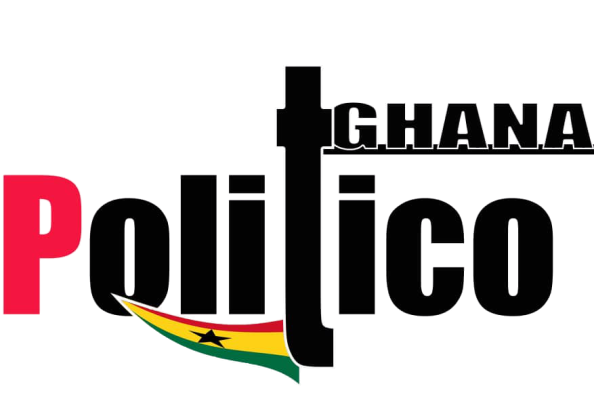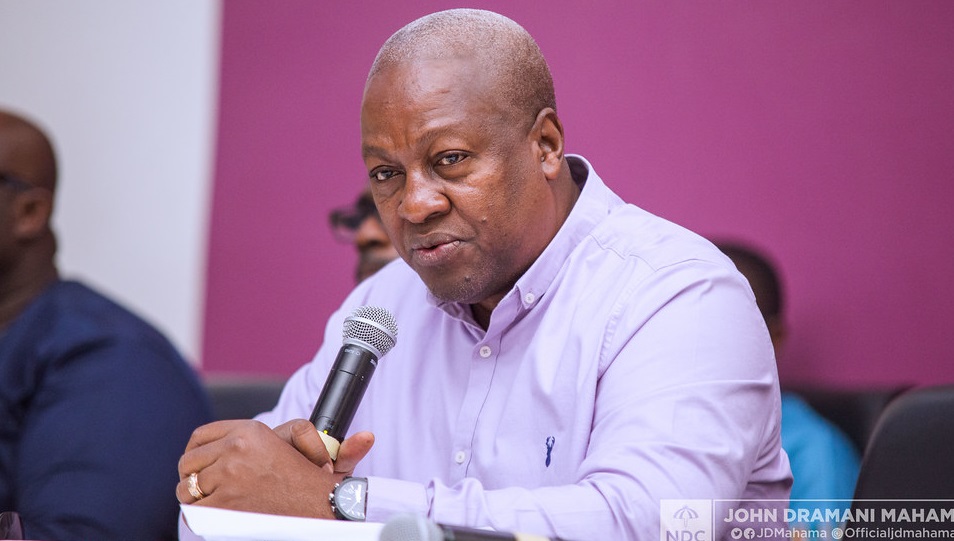Former President of the Republic of Ghana, John Dramani Mahama, has said that the unanimous 7:0 Supreme Court ruling that affirming that Deputy Speakers of Parliament can vote and form part of quorum for decision making is a dangerous precedent that has been set by the apex court.
In a tweet on Thursday, March 10, 2022, apparently response to the Supreme Court ruling, Mahama described the decision of the apex court “shocking but not surprising”.
He further noted in his tweet that the decision of the Supreme Court is “An unfortunate interpretation for convenience that sets a dangerous precedent of judicial interference in Parliamentary procedure for the future”.
“A unanimous 7-0?
Shocking but not surprising.
An unfortunate interpretation for convenience that sets a dangerous precedent of judicial interference in Parliamentary procedure for the future”.
On Wednesday, March 9, 2022, Ghana’s Supreme Court ruled that a Deputy Speaker of Parliament can be counted during the formation of a quorum for a sitting or the conduct of a parliamentary business.
The apex court further ruled that a Deputy Speaker can also participate in the voting or decision-making process. It in the process, struck down as unconstitutional Order 109(3) of the Standing Orders of Parliament which states that “A Deputy Speaker or any other Member presiding shall not retain his original vote while presiding”.
To this end, the apex court affirmed the approval of the 2022 Budget Statement and Economic Policy of the Government which was approved by Parliament without the participation of Members of Parliament (MPs) from the opposition National Democratic Congress (NDC).
A private legal practitioner, Justice Abdulai, filed a case against the Attorney-General praying to the apex court for interpretation of Articles 102 and 104 of the 1992 Constitution and declare the action of the First Deputy Speaker of Parliament, Joseph Osei Owusu, as unconstitutional.
He also prayed to the Court to declare that the whole proceedings in Parliament on November 30, 2021, which led to the passage of the 2022 Budget Statement and Economic Policy of the Government unconstitutional.
Abdulai had insisted that Joseph Osei Owusu should not have counted himself as an MP when he presided over proceedings that day.
However, the Attorney-General, Godfred Yeboah Dame, responding, told the apex court that the arguments advanced by Abdulai were flawed since there is no express provision in the 1992 Constitution that stops a Deputy Speaker from voting or counting himself as part of MPs present to form a quorum.
To him, quorum in Parliament formed under Article 102 is different from that formed under Article 104 of the same 1992 Constitution.

